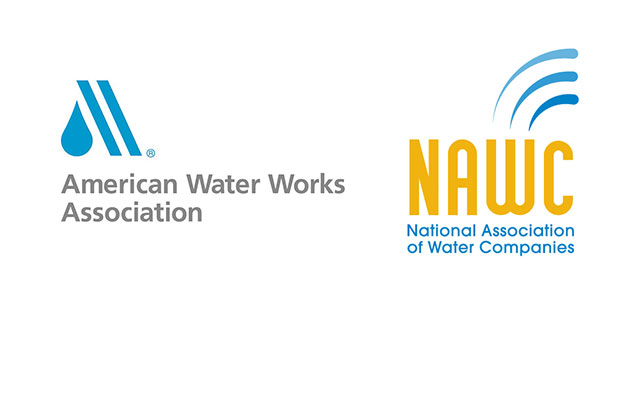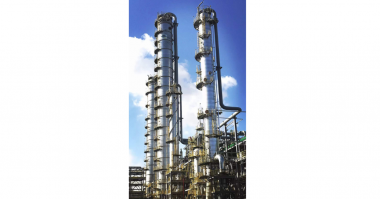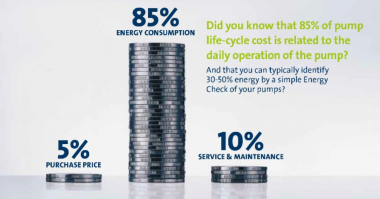In a brief filed Monday, December 5th, 2016, in the 5th Circuit Court of Appeals, the American Water Works Association and the National Association of Water Companies challenged a new rule on steam power plant discharges, arguing that it does not adequately protect drinking water consumers.
In challenging the U.S. Environmental Protection Agency’s final Effluent Limitation Guidelines for Steam Power Plants (ELG Rule), the water associations contend that the portion of the rule addressing bromide discharges should be sent back to EPA for further review. AWWA and NAWC point out that bromide discharges impact source water quality and result in elevated levels of harmful disinfection byproducts in finished drinking water.
“This is a case where the independent operation of the Clean Air and Clean Water Acts yielded negative consequences for drinking water users downstream of power plants,” said Tracy Mehan, AWWA executive director of government affairs. “EPA needs to address this threat to public health and support drinking water utilities in their efforts to meet the requirements of the Safe Drinking Water Act.”
EPA’s decision imposes compliance challenges and additional costs on downstream water treatment plants instead of on the upstream power plants responsible for the pollution.
“While the increased levels of bromide in surface waters may not have been EPA’s primary focus in this rulemaking and while some of the science on this issue may have been only recently developed, it was arbitrary and capricious for EPA not to address the problem by either requiring the steam electric industry to meet discharge limits consistent with technologies that exist and are effective at removing bromide from the wastewater discharges at steam electric power plants or consider other binding alternatives,” the brief states.
There are already observed instances in which downstream water systems have exceeded Stage 2 Disinfection Byproduct Rule standards due to the influence of these outfalls. EPA acknowledged that a danger to public health existed because the release of bromide from steam electric power plants was documented to cause the formation of carcinogenic disinfection byproducts at water utilities located downstream of power plants where new air pollution technologies were being employed.
AWWA and NAWC represent both public and private water systems throughout the United States. Together their membership serves more than 80 percent of Americans who are served by community water systems.
“It was arbitrary for EPA not to exercise its responsibility for establishing effluent guidelines by requiring mandatory controls to protect the public from unacceptable risks to the drinking water supply and instead merely suggest voluntary measures may be adopted,” the brief states.
About AWWA
Established in 1881, the American Water Works Association is the largest nonprofit, scientific and educational association dedicated to managing and treating water, the world’s most important resource. With approximately 50,000 members, AWWA provides solutions to improve public health, protect the environment, strengthen the economy and enhance our quality of life.
About NAWC
Established in 1895, The National Association of Water Companies (NAWC) is the voice of the private water industry—the organization exclusively representing this group of quality service providers, innovation drivers and responsible partners. We are an association defined by our members, and by working together we can leverage our strengths to more effectively address the opportunities and challenges facing our nation.





Comments